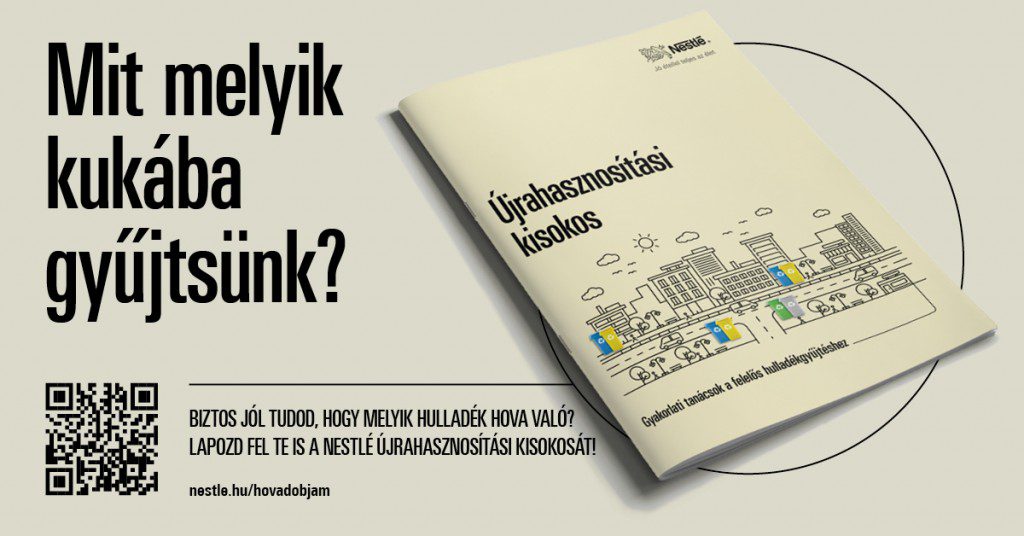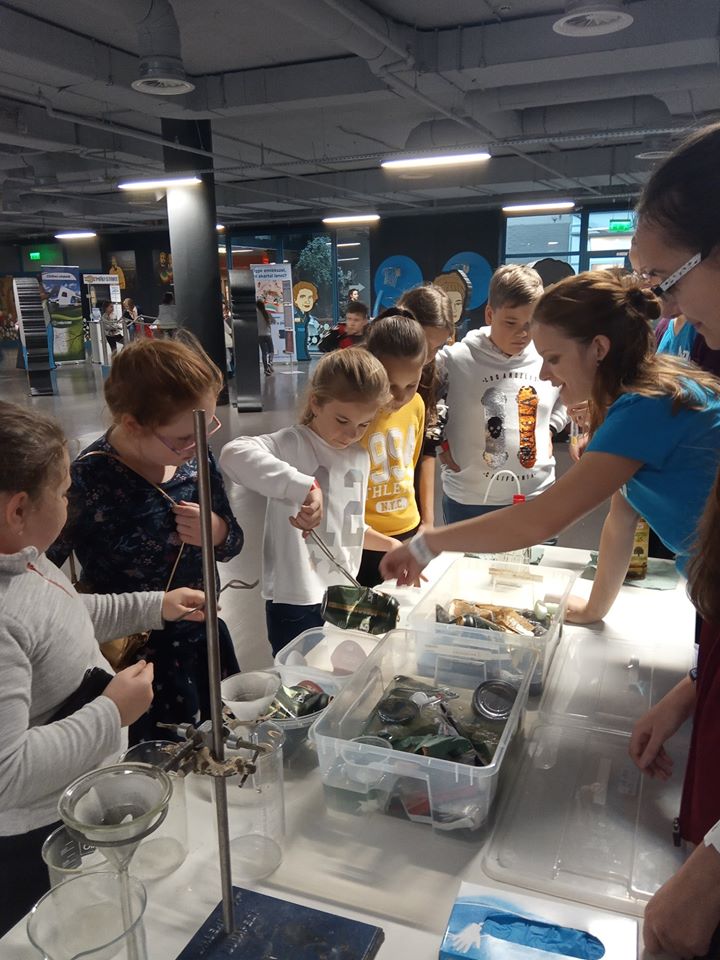Waste can become raw material once again, but it requires conscious waste recovery efforts to ensure that items scrapped or thrown away get to the appropriate place and are recycled. Loacker Hulladékhasznosító Kft. is pursuing its activities with the aim of creating raw materials for the future: recycling makes it possible to generate raw materials with significant energy efficiency, at the same time also reducing environmental burden.
Waste recovery has a significant impact on the economy. To illustrate it with a practical example: if you put an empty beer can into the appropriate (yellow) collection bin, after going through a multi-step waste management process it will eventually end up in an aluminium smelter, where it will be turned into raw material once again. This process of aluminium production uses 95% less energy than the making of aluminium from bauxite, meaning that while the end product is of identical quality, the production process is much more economical. On the other hand, if you throw an aluminium can into the communal (black) waste bin, it will be taken to the landfill, contributing to an increase in environmental burden.
Loacker Hulladékhasznosító Kft. works together with its industrial and public service provider partners with the aim of jointly developing more efficient systems and achieving, as a common goal, an improvement in waste recollection rates. However, liaising with the general public and participating in targeted awareness-raising efforts are equally important, as consumption and buying habits are closely interrelated with the quantity of waste produced, and also its management.
As a part of its CSR activities Loacker organizes various programs, among others in collaboration with various civil society organizations, and frequently hosts field trips where school groups can get acquainted with all waste processing operations. In addition, the Company’s staff and consultants regularly participate in the “Earth Day” event organized every year by the 9th district municipality, where – through a series of playful activities – they promote waste recycling and stress its role in creating value in an environmentally friendly manner. In addition to theoretical awareness-raising activities, the Company has launched several practical initiatives in support of appropriate waste management. Sorting and handling waste at recreational events often poses a challenge, this is why Loacker provided several selective waste storage bins to help keep Hídépítő Street – this year’s World Urban Games venue – clean, at the same time guaranteeing the recovery of all waste generated.
“Value can only be created from waste by recovery. But in order to be able to produce raw materials for the future, we must consciously create a cycle of planning, production and recovery” – said János Dévényi, managing director of Loacker Hulladékhasznosító Kft.
The Loacker Group – a 100% subsidiary of the Austrian Loacker Recycling GmbH. – has been active in Hungary since 1993. The group currently operates three yards in Hungary (2 in Budapest and 1 in Kiskorpád). With a history of over 140 years, the parent company and also the sister companies are committed to a sustainable future and the use of environmentally conscious recovery technologies in everyday practice.









 On 19th November 2019, we joined the „Science Mosaic 4.0.” festival at the CsoPa Science Centre. The main focus of our prorgamme was the circular economy, and our aim was to show how applied science can contribute to achieving the circularity within the economy. Participants could study about the critical raw materials, check an interesting experiment related to these materials and could learn about how to become Raw Material Ambassadors within
On 19th November 2019, we joined the „Science Mosaic 4.0.” festival at the CsoPa Science Centre. The main focus of our prorgamme was the circular economy, and our aim was to show how applied science can contribute to achieving the circularity within the economy. Participants could study about the critical raw materials, check an interesting experiment related to these materials and could learn about how to become Raw Material Ambassadors within  This interactive discussion started with a presentation, in which participants could hear about the waste produced in the European Union. It was surprising to learn how low percentage of this waste is recycled or re-used. Re-use was in the focus of the workshop, as it is studied within the
This interactive discussion started with a presentation, in which participants could hear about the waste produced in the European Union. It was surprising to learn how low percentage of this waste is recycled or re-used. Re-use was in the focus of the workshop, as it is studied within the